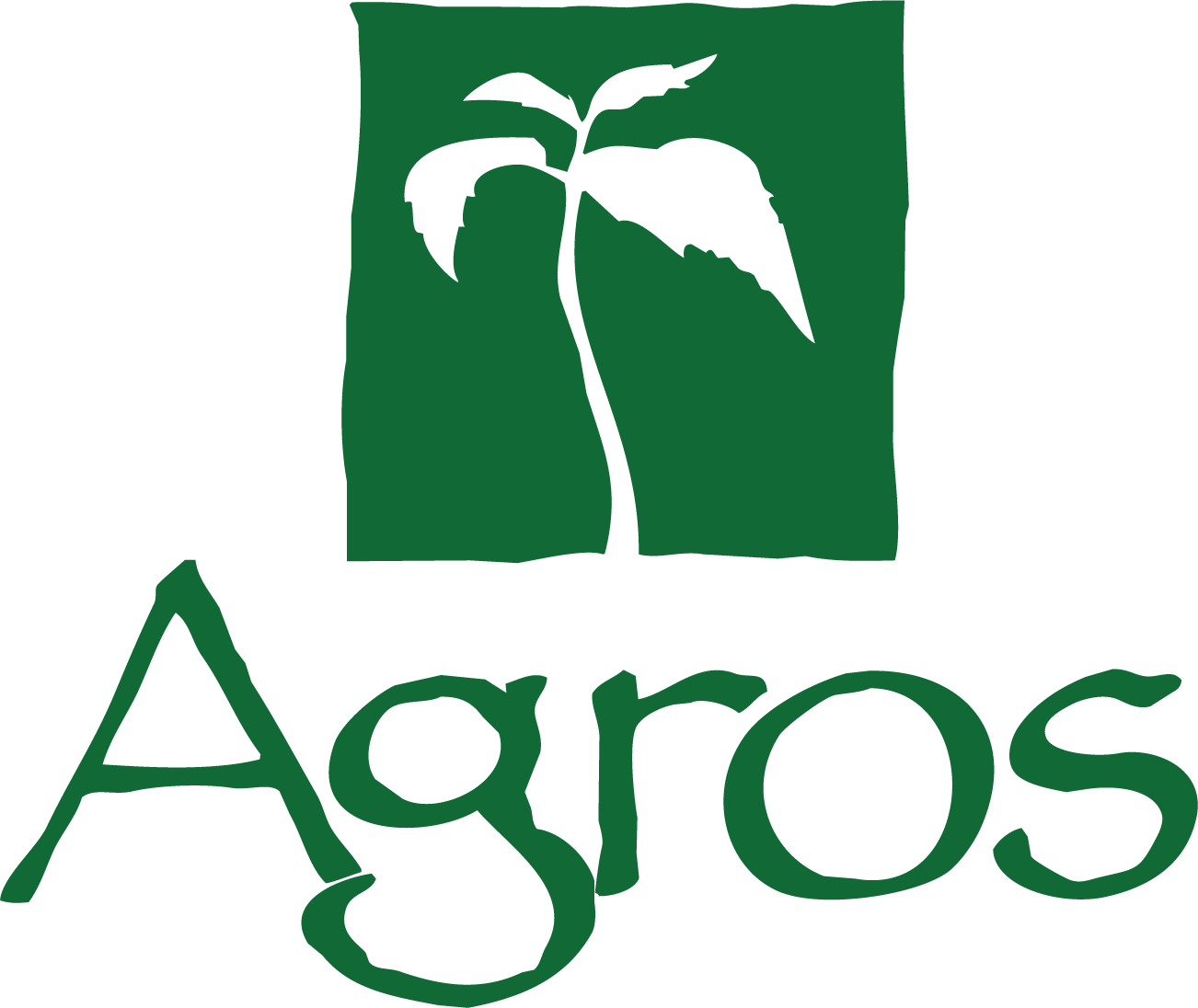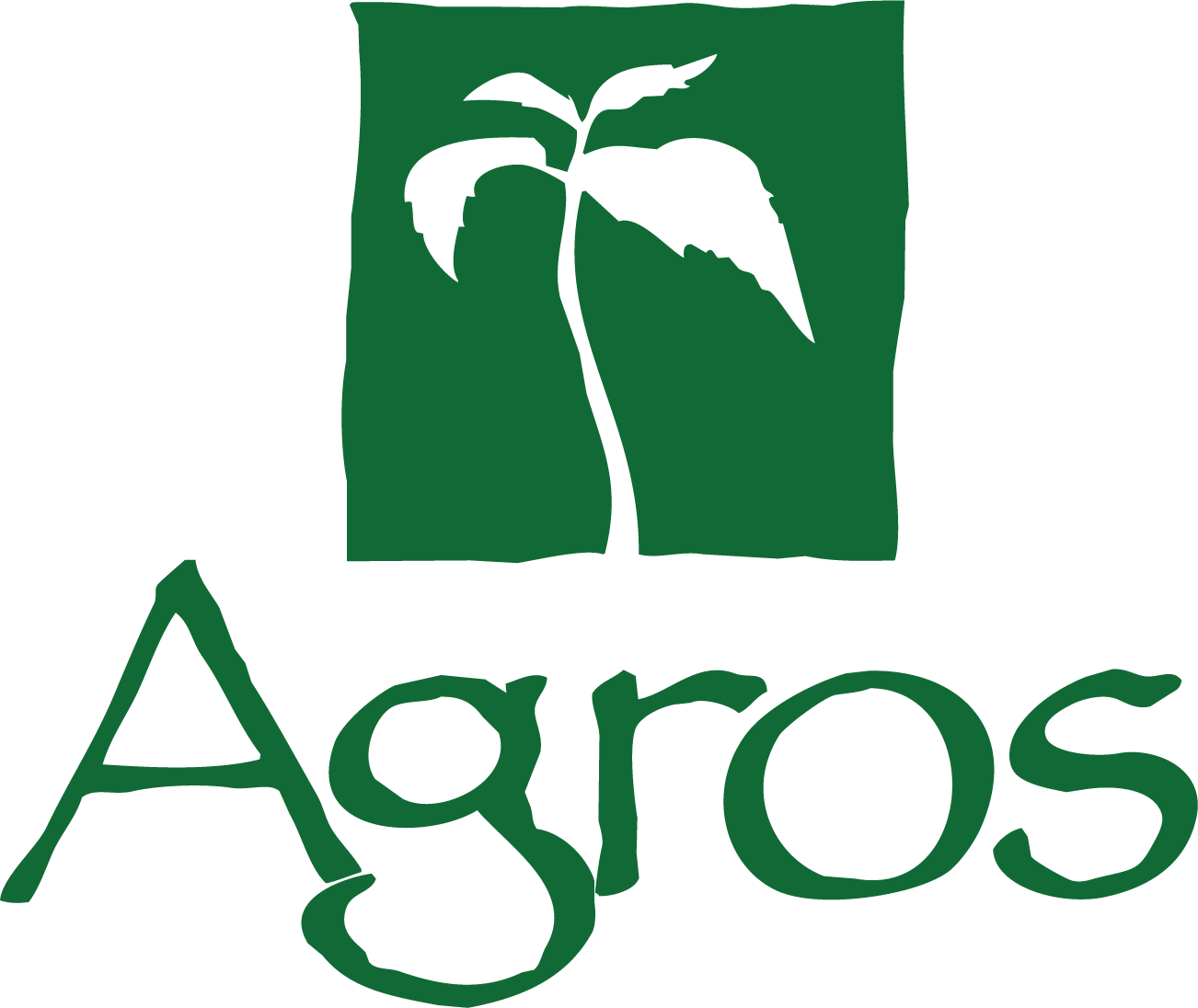

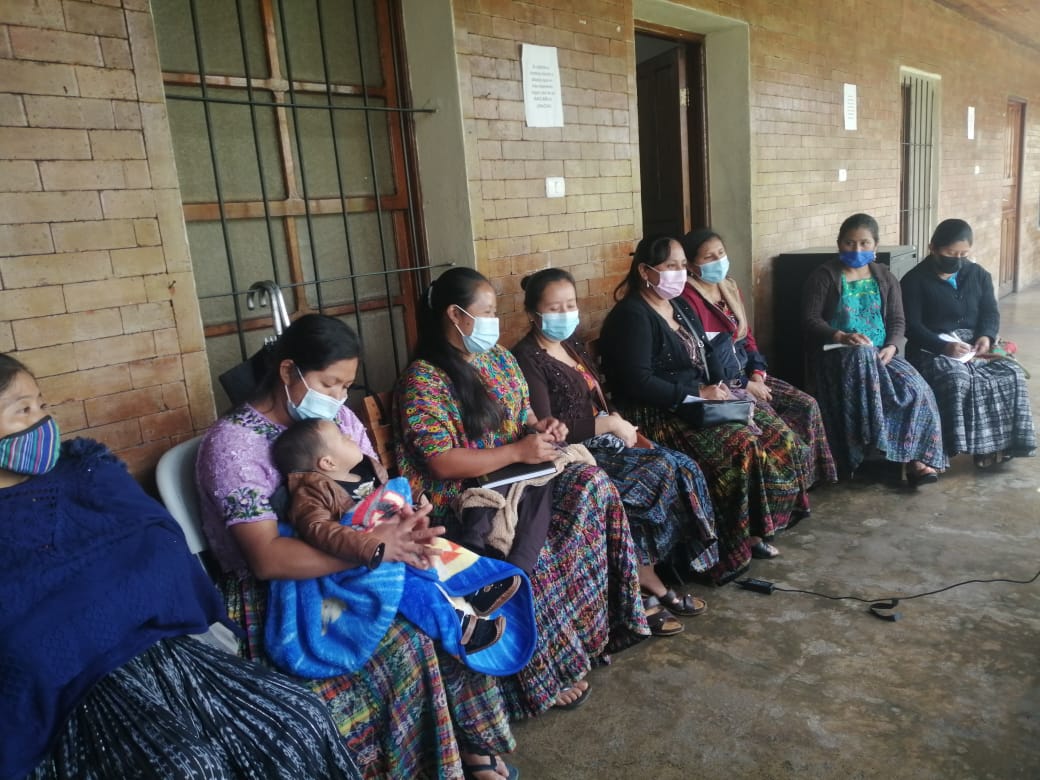
This article originally appeared on agriterra.org on March 25, 2021.
In March 2021, more than 200 farmers participated on a webinar to launch our new AGRIdigitalización project with Agriterra, which leverages the experience, know-how, tools and models of digital finance services, e-trade and technology providers towards the rural poor in Latin America and the Caribbean. Financed by the International Fund for Agricultural Development (IFAD) and implemented by Agriterra in alliance with Agros International, the Foundation for Rural Business Development (Funder) and the Inter-American Institute for Cooperation on Agriculture (IICA), AGRidigitalización seeks e-commerce and digital solutions to overcome the increasing obstacles for farmers to access market and financing due to the consequences of the Covid-19 pandemic.
Thanks to this $2.4 million USD project, 86 producer organizations will be able to market their products, and 132 rural savings cooperatives will be able to offer their financial services through digital platforms. The project will also benefit SMEs of young internet experts with a presence in rural areas, who will provide services to producer organizations and rural savings cooperatives. In addition, 3 000 farmers will receive virtual technical assistance and training in internal remote communication systems. In total, it is estimated that 10 820 family farmers, 40% of them women, and 30% of them young people, will benefit directly from the project.
“Covid-19 has only increased some existing gaps in our societies. No doubt, one of them is family farmers’ lack of access to markets and financial services. IFAD has been working for years to bridge this gap, something that is even more essential in this context of mobility restrictions. The future of the economy will be digital. This, which is already true for global and urban companies, will also apply to family farming” said Rossana Polastri, IFAD’s Director for Latin America and the Caribbean.
“The digital world offer endless possibilities for family farmers to enter the financial and commercial market, solve communication problems and receive technical assistance. However, to take advantage of these tools, it is necessary to strengthen the management of organizations and train their members,” she added.
“By strengthening cooperatives, farmers can lead the transformation of agricultural countries to modern industrialized ones, at the same time helping reduce unemployment, securing food and avoiding social conflicts. The more cooperatives a country has, the higher it ranks in the social progress scale. Agriterra was founded more than 20 years ago. It is the effort of organized producers, cooperatives and rural women from The Netherlands with the conviction that the country would have never been this beautiful without its farmers initiative. Professionalization of cooperatives is key for their success. They are more resilient to crisis and they make possible rural transformation. Cooperatives can –and must- be a bastion for post-Covid recovery,” said Kees Blokland, Agriterra’s General Director.
Webinar digital solutions and e-commerce for farmer organizations and community banks
Adressed to producer organizations and community banks in Bolivia, Guatemana, Haiti, Honduras and Peru, the webinar presented different digital solutions available to farmers and provided an overview of possible benefits in order to motivate them to own the project.
In her welcome words IFAD’s Director for Latin America and the Caribbean, Rossana Polastri, referred to agriculture digital transformation in the current Covid-19 context. Agriterra’s Executive Director, Kees Blokland, gave a speech on the advantages of the cooperative model to adapt and face uncertain times. Alberto Solano, Agros International Executive Director, and Miguel Bonilla, Funder Executive Director, presented the singularities of community banks in Central America and the challenges involved in digitalization, respectively. In his turn, IICA’s General Director, Manuel Otero, provided an overview of Member States to reduce the digital gap in the region.
Agripool expert Emilio de Leon, Director of Business Development and Trade at COVAP, shared this Spanish cooperative experiences in e-commerce and various digital solutions amid Covid-19. Finally, IICA presented different digital platforms available in the región for agriculture and rural populations.
The webinar was streamed on Zoom and Facebook Live. More than 300 people participated on it, out of which at least 200 were members of the producer organizations and rural community banks.
About the project AGRIdigitalización
AGRIdigitalización will be implemented in Bolivia, Guatemala, Haiti, Honduras and Peru, although lessons learned in the rollout of this project will be applied to other IFAD-funded projects in Latin America and the Caribbean region.
The project will assess farmers’ organizations and community banks; identify and evaluate existing virtual platforms, services, and applications; provide technical assistance and training on e-trade and digital solutions; digitalize commercial and financial transactions, and implement internal communication systems. The most adequate solutions for their needs will be made available to the small producers organizations and rural saving cooperatives to help them to go digital.
The organizations participating in the project will achieve greater efficiency thanks to better time management, lower operating and transportation costs, access to new business opportunities, financial inclusion and better communication. They will acquire the ability to supply agricultural products and access production inputs in e-commerce environments, as well as to establish partnerships with companies already present in digital value chains and to have access to financial services through virtual systems.
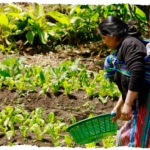
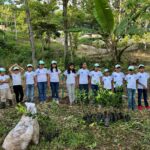 %1$s Comments
%1$s Comments %1$s Comments
%1$s Comments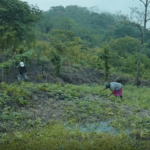 %1$s Comments
%1$s Comments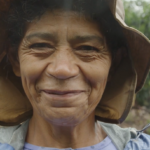 %1$s Comments
%1$s Comments %1$s Comments
%1$s Comments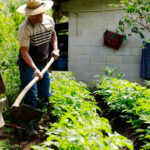 %1$s Comments
%1$s Comments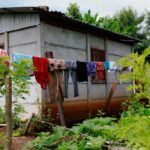 %1$s Comments
%1$s Comments %1$s Comments
%1$s Comments %1$s Comments
%1$s Comments